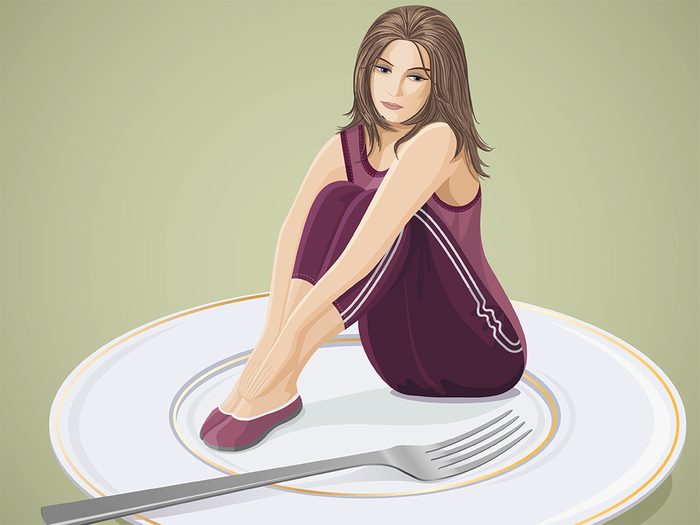
What are the eating disorder signs? Can you recognize them?
Are you suffering from an eating disorder? Is someone you know suffering? These are some of the many eating disorder signs and symptoms to consider that will hopefully broaden your understanding of these most severe mental health issues.

Are you living the life you want?
Those with eating disorder signs likely are not. Many know this outright, but most haven’t given space to consider how their unhappiness is key to them harming their body. The ability to be in harm with your body is an indicator that you don’t only dislike your life, but that you dislike yourself.
Here are five ways being physically healthy can make you happier.

Have you been through something you’ve never really talked about?
Did you just kept it all inside? This doesn’t have to mean a trauma has ensued, necessarily. Though this can/is the case for many, it’s not a prerequisite. The spectrum of what people have experienced and their ability to reveal (or not) their feelings about this in a safe or healthy way is the common thread. The magnitude of what a person is being silent about does not dictate the level of their suffering. What is key is that there isn’t the space, comfort, ability or safety to talk openly about this.
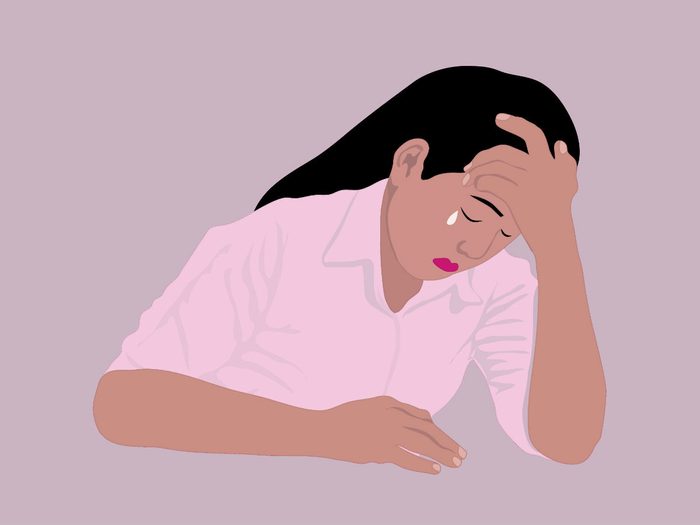
Do you feel insecure?
The lack of confidence is pervasive for those that suffer. Though it may not appear so to those around them, internally there is a strong belief system of “I’m not enough.”
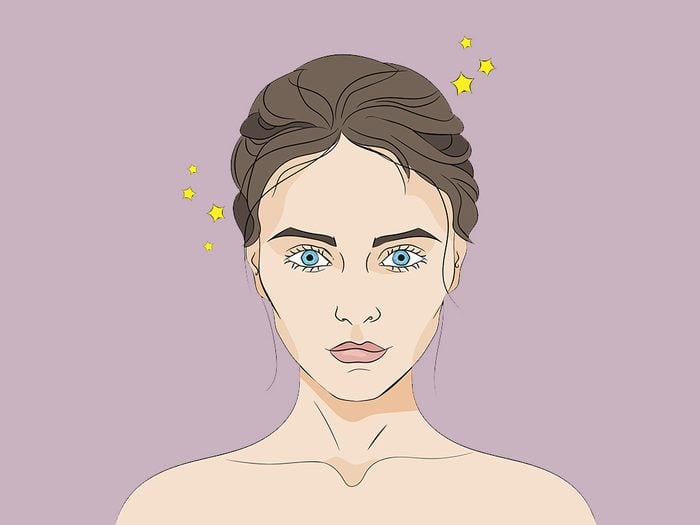
Are you disappointed in yourself?
How about your self-critic…? Is it constantly slamming you down about how terrible you look, how much you disappoint, how useless you are?
Pervasive and intrusive thoughts of self-criticism exist for those who suffer. The incessant nature of these thoughts overcomes the ability for someone to be actively present in their daily life.
Are you depressed? Here are eight signs that may help you find out.

Are you constantly thinking about food?
This “noise” is one of the eating disorder signs that shows the daily imprisonment this health issue can have on someone.
“You can only eat this.”
“Never ever eat that.”
“Oh, you ate that today, well then nothing tomorrow.”
“You better get rid of everything you just ate.”
“It’s too early to eat now…wait longer.”
“Eat more. More. More. More…more.”
“He ate that. But he’s able to, you’re not.”
“You ate that and you shouldn’t have. Bad! So now you’ll have to wait until tomorrow to eat again.”
“You already ruined it today, so you might as well eat everything.”
Think you might be at risk for binge eating? This is what it does to you and your body.
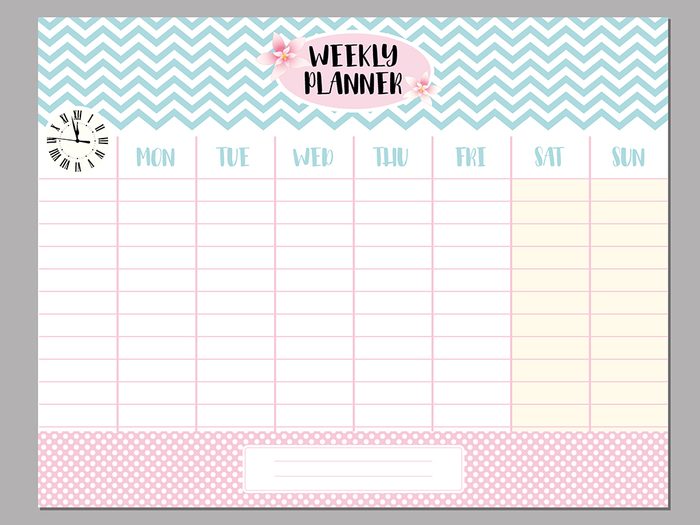
Are you restricted by the same daily routine?
What happens if someone/something gets in the way of this? Eating disorder rituals take over. The degree of this varies depending upon the presence of the eating disorder. Noticing inflexibility, cancelling of plans, making excuses for things, not able to go to certain places, not able to meet at certain times. When a person shows any of these eating disorder signs, they slowly but surely become more and more controlled by the regime they are under and their life becomes more and more narrow.
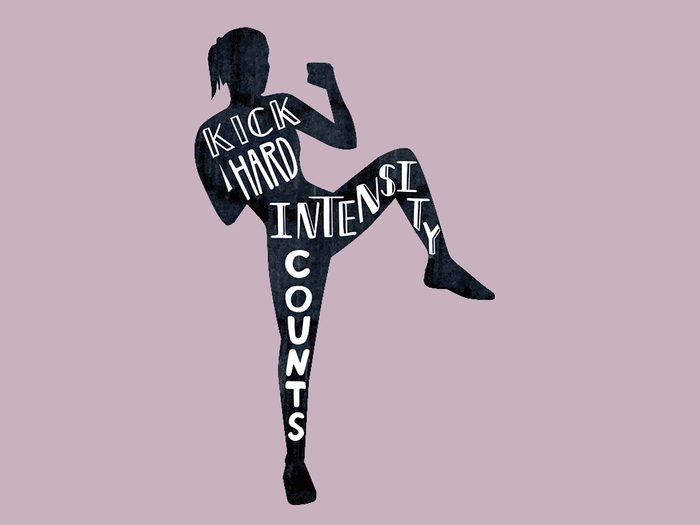
Do you have strict rules about exercise?
Do you weigh yourself regularly? Do have rules about when you can and cannot eat, how you eat, where, when, with whom?
Rules with food and the body are often the first recognizable eating disorder signs. Initially these rules may seem benign like “I won’t have breakfast because I had so much to eat last night”. Or they are culturally supported under the guise of “healthy living” like, “I workout every single day no matter what” OR “I’m gluten-free.” These rules become more and more rigid and a person with an eating disorder does not have the ability to move away from them.
Do you have rules with food you must stick to?
Notice any of this noise in your head? This is eating disorder noise.
“Vegan.”
“No Carbs.”
“Eat all of these. Every. Single. One.”
“Sugar is forbidden.”
“Only allowed to eat every seven hours.”
“No eating past 6pm.”
“Eat more. More.”
“Food must be eaten in this bowl.”
“Cut your food like this.”
“Measure that.”
“No fats.”
“After work, we will pick up everything we want to eat on our walk home and eat it all up before the kids get home to see it.”
“Twirl the food on your plate to make it look like you’re eating.”
“Only allowed ______ calories a day.”
Kim Kardashian has said she has body dysmorphia. Find out what that really means.
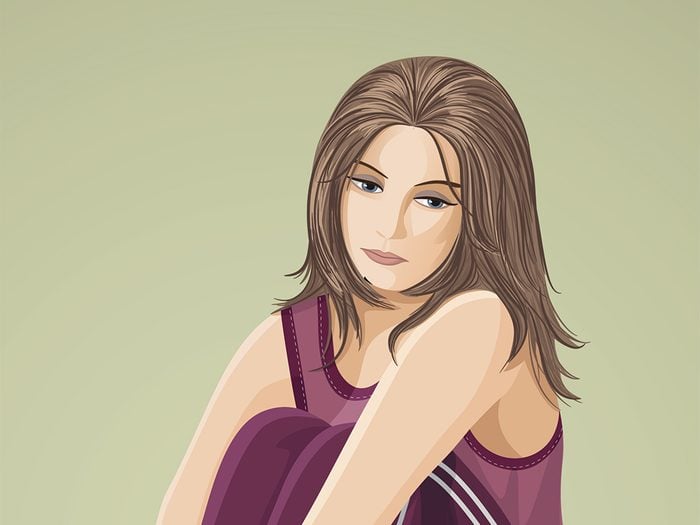
Do you function so well everyone thinks you’re totally fine, happy, satisfied and full of life?
Most people affected by eating disorders are high functioning in the world: professionals, parents, students, those who excel, who are charismatic, even seemingly confident. Their ability to function so well is why they don’t even know how much they’re suffering.
In your quietest moments with yourself, if you had to be totally honest, do you feel out of control with food and/or your body?
If you answer “sorta,” “sometimes,” “yes,” “I think I can handle it,” “I’m not that bad,” “some days are really bad, but most days are good,” – please get help today.
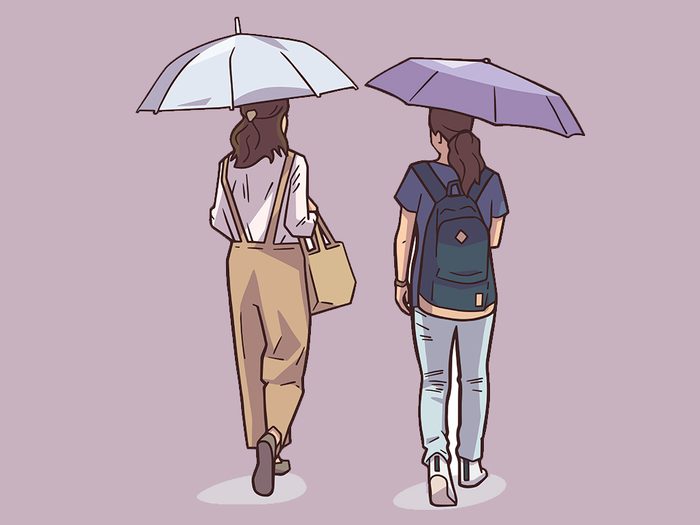
Signs of an eating disorder
Let’s start to see and understand eating disorders for all that they are: Intrusive, pervasive, life-sucking-killers that so many are in hiding with. If these eating disorder signs are all to familiar, then it is time for you to share your truth. Recovery is possible.
For help here are some resources in Canada
• National Eating Disorder Information Centre (NEDIC)
• National Initiative for Eating Disorders (NIED)
• Sheena’s Place
• Eating Disorders of York Region
• Bellwood Health Services
• Homewood Health Centre
• CAMH
• Hospital for Sick Children
• Toronto General Hospital
• North York General Hospital
Kyla Fox is a clinical therapist and founder of The Kyla Fox Centre, a private eating disorder recovery centre in Toronto.
